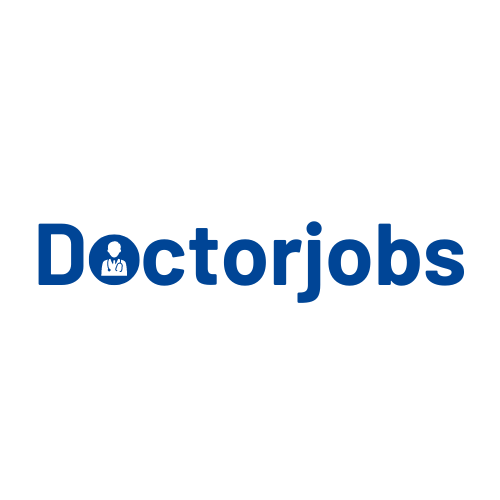Artificial intelligence (AI) is no longer just a buzzword in healthcare; it’s a reality that’s reshaping the industry. AI is being used to automate administrative tasks, enhance diagnostic accuracy, and even predict patient outcomes. For example, AI algorithms can analyze medical images faster and with greater precision than humans, aiding radiologists in detecting diseases like cancer at earlier stages.
However, AI’s impact on healthcare employment goes beyond automation. While some fear that AI will replace jobs, the reality is that it’s creating new opportunities for healthcare professionals. Jobs like AI system managers, healthcare data analysts, and AI ethics consultants are emerging as critical roles in ensuring that AI is effectively and ethically integrated into healthcare systems.
Healthcare professionals who embrace AI as a tool to enhance their work, rather than replace it, will find themselves at the forefront of the industry. Continuous learning and adapting to new AI technologies will be essential for staying competitive in the evolving healthcare landscape.

